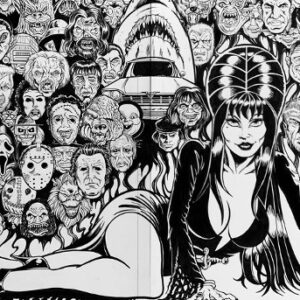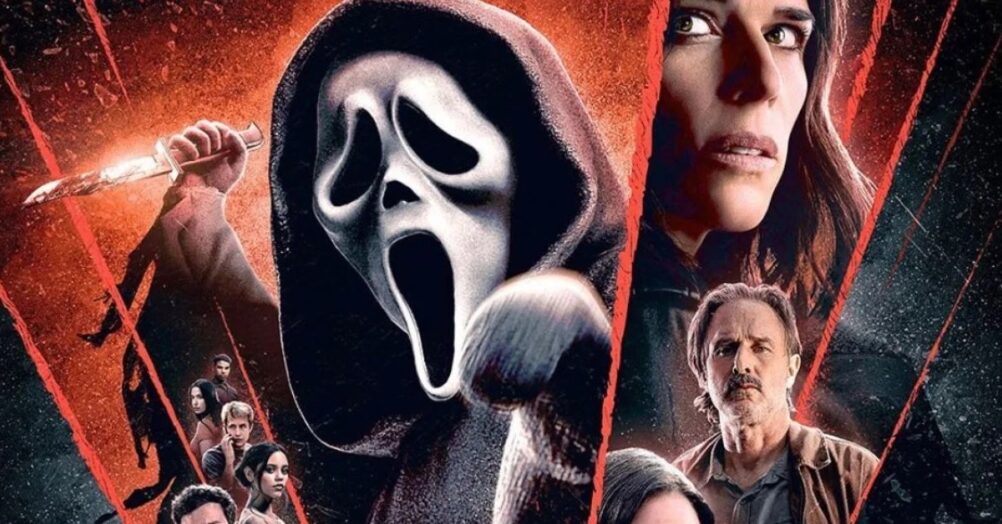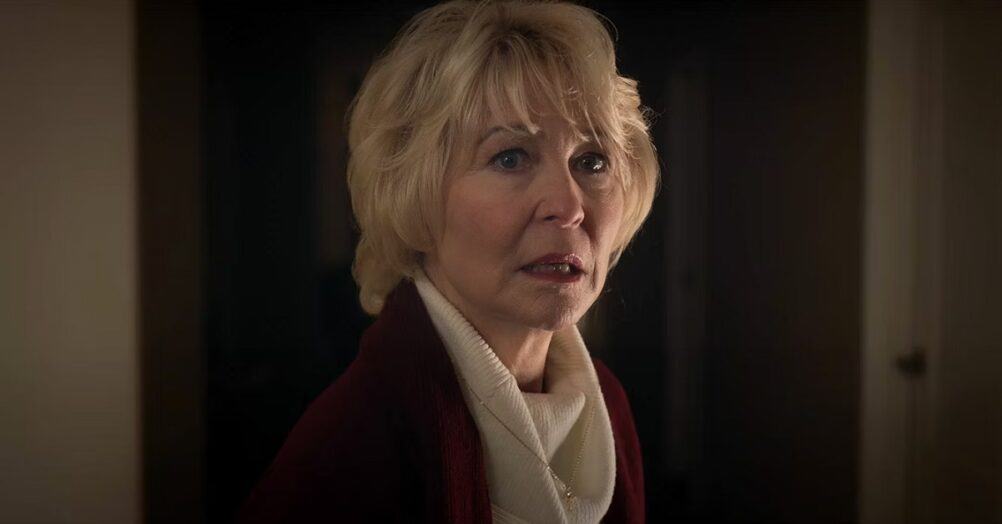Last Updated on August 2, 2021

PLOT: Carrie White (Chloë Grace Moretz) is an outcast at her high school, where she’s mercilessly bullied by local queen bee Chris Hargensen (Portia Doubleday). Feeling pity for her, Sue Snell (Gabriella Wilde) convinces her nice-guy jock boyfriend (Ansel Elgort) to take her to the prom, but she doesn’t know that Chris has a terrible surprise in store for Carrie. However, Carrie’s got a few surprises of her own, including a gift for telekinesis that- despite her devoutly religious mother’s (Julianne Moore) best efforts- is about to get out.
REVIEW: Kimberly Peirce’s CARRIE is a textbook example of why good films should not be remade unless the filmmaker in question has a fresh take on the material. Peirce is no doubt a good director. BOYS DON’T CRY is a terrific film, and STOP-LOSS wasn’t half-bad either. The key difference is that both of those films were about something Peirce seemed to engage with emotionally and intellectually. CARRIE feels like a paycheck job.

Her film offers virtually nothing that wasn’t done better by director Brian De Palma’s 1976 film. That movie oozed a grand guignol style that’s tough for any director to imitate. Peirce makes hers a much more straightforward film, but by doing so also makes it pretty boring, especially for anyone that’s seen the original.
The only new angle Peirce is able to bring to CARRIE is that with YouTube and cyber-bullying, CARRIE’s high school experience has gotten much worse. The infamous “period-in-the-shower” scene is recreated here, with Carrie’s ordeal now being posted on the net for all to gawk at. This works. However, another modern change backfires terribly when Peirce has Moretz’ Carrie research telekinesis on the internet, and master her new powers long before the big prom scene.
Peirce seems to be trying to make Carrie a stronger, more modern girl, but by doing so it undermines the tragic side of the character. Moretz seems too smart, too confident and too pretty to be playing the part, and her makeover feels like something out of SHE’S ALL THAT, rather than Stephen King. Oddly, this choice has made her less sympathetic, as Sissy Spacek played Carrie as someone that’s frightened of her powers, and truly isolated from her peers at school. She was a victim. Here, Carrie seems like just another horror baddie.

The same goes for Julianne Moore, who’s normally one of the best actresses around, but chews the scenery mercilessly, making her devout, outlandishly religious mother more comical than terrifying, as she was when Piper Laurie played her (to iconic effect) in De Palma’s film.
One area where Peirce could have improved upon the original is her depiction of the bullies, but if Nancy Allen and John Travolta were just a couple of believably dumb kids in the original, Portia Doubleday and Alex Russell are hilariously two-dimensional and evil. The both glower and glare at the camera, with several of their lines eliciting laughs from the audience that was present at the press screening. If Peirce’s intention was to make them three-dimensional, it can’t be denied that she utterly fails in this regard.
Gabriella Wilde and Ansel Elgort fare better as the nice-kids that are sympathetic to Carrie, giving them believably contemporary spins on the roles played by Amy Irving and William Katt in the original. The two of them, plus Judy Greer as the no-nonsense, but sympathetic gym teacher, and Barry Shabaka Henley as the flustered principal are CARRIE’s only moderately positive points. Marco Beltrami’s generic horror score is a particularly weak substitute for Pino Donaggio’s over-the-top, but gorgeous score in De Palma’s original.
I suspect the only audience that really might get something out of this CARRIE remake is the audience that hasn’t yet discovered the original film, although they’d be well advised to save their money and watch De Palma’s original film instead. Even better, just read the book.
Need a second opinion? Check out The Arrow's review here!





















Follow the JOBLO MOVIE NETWORK
Follow us on YOUTUBE
Follow ARROW IN THE HEAD
Follow AITH on YOUTUBE